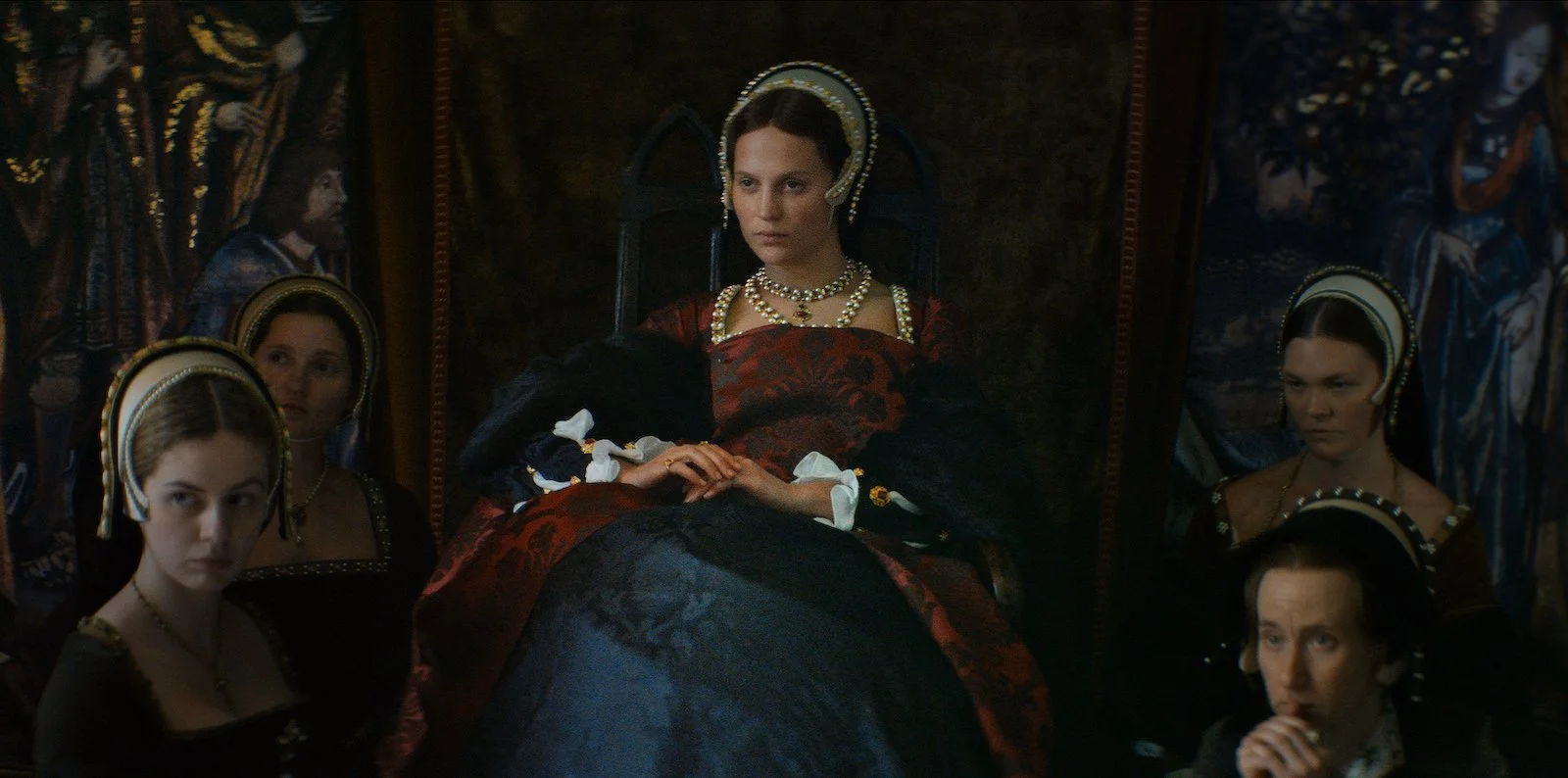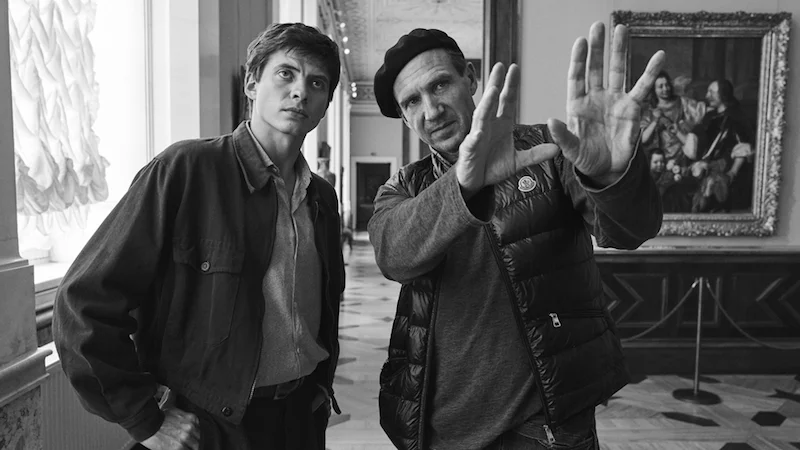Ever wonder why there are only male leaders and visionaries mentioned in your history books? Well, the key lies in the word itself — “his-story.” Thankfully, a film releasing this September in the UK revolutionizes the tale of Henry VIII and his last wife, by retelling the story from her POV.
Read MoreKarim Aïnouz's 'Firebrand' will be in UK cinemas starting September 6th courtesy of MetFilm
And not a moment too soon if you ask me!
Read MoreFabrizio Rongione and Lubna Azabal in a scene from 'Amal’
'Amal' by Jawad Rhalib -- US premiere review
Moroccan-Belgian filmmaker Jawad Rhalib tackles Islamic intolerance and the results of forced multiculturalism in Belgian society. The result is a film which will leave you breathless.
Read MoreThe Trieste Film Festival turns 30 this year and in this edition teaches us the trouble with walls
The Italian city of Trieste has always had its own particular history. From its Austro-Hungarian and Slovenian influences, to its proximity to the Croatian border, its people have enjoyed a special status. At the end of the 19th Century, Trieste had more Slovenian inhabitants than Slovenia's capital of Ljubljana and at the start of the 20th, great luminaries and intellectuals like James Joyce, Italo Svevo, Sigmund Freud, Zofka Kveder, Dragotin Kette, Ivan Cankar, Scipio Slataper, and Umberto Saba frequented the bustling cosmopolitan city.
To me, it has always been a city with a foot deeply planted in its Italian roots yet the other striding towards its Eastern European culture. A bridge city overlooking a port, filled with people of different ethnicities and speaking several languages and dialects. A utopia for the perfect world, a place where everyone truly, and mostly could get along. And have gotten along.
We have so much to learn from the city of Trieste these days.
Read MoreRalph Fiennes directs Oleg Ivenko during the filming of ‘The White Crow’
Perfection: Ralph Fiennes' 'The White Crow' at the Cairo Film Fest
Rudolf Nureyev must be the most selfish man who ever lived!
That statement came from a woman in the audience, at the “In Conversation with Ralph Fiennes” that I was fortunate enough to moderate during this year’s Cairo International Film Festival. It was followed by a question about Fiennes’ latest directorial project, ‘The White Crow’, a moving, elegant film about Russian dancer extraordinaire Rudolf Nureyev’s defection to the West — and the events leading up to it.
But the question itself didn’t leave with me as lasting an impression as her statement, probably because in the very moment the woman uttered the above words, I stopped listening. I was too busy working out deep inside me why I hadn’t felt that way at all about Nureyev, and his decision depicted in the film. In the following days, I’ve worked out the answer. It’s a response I’ve probably been leading up to my entire life and career.
Read More



